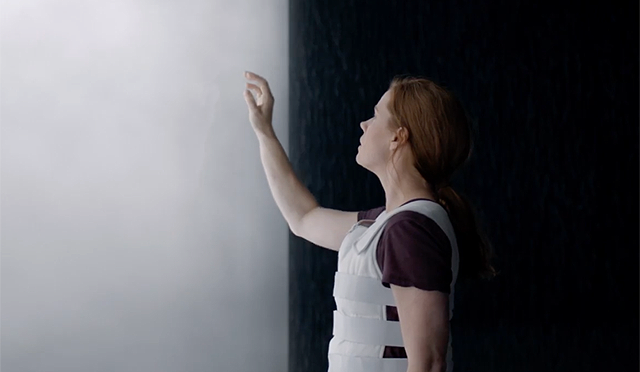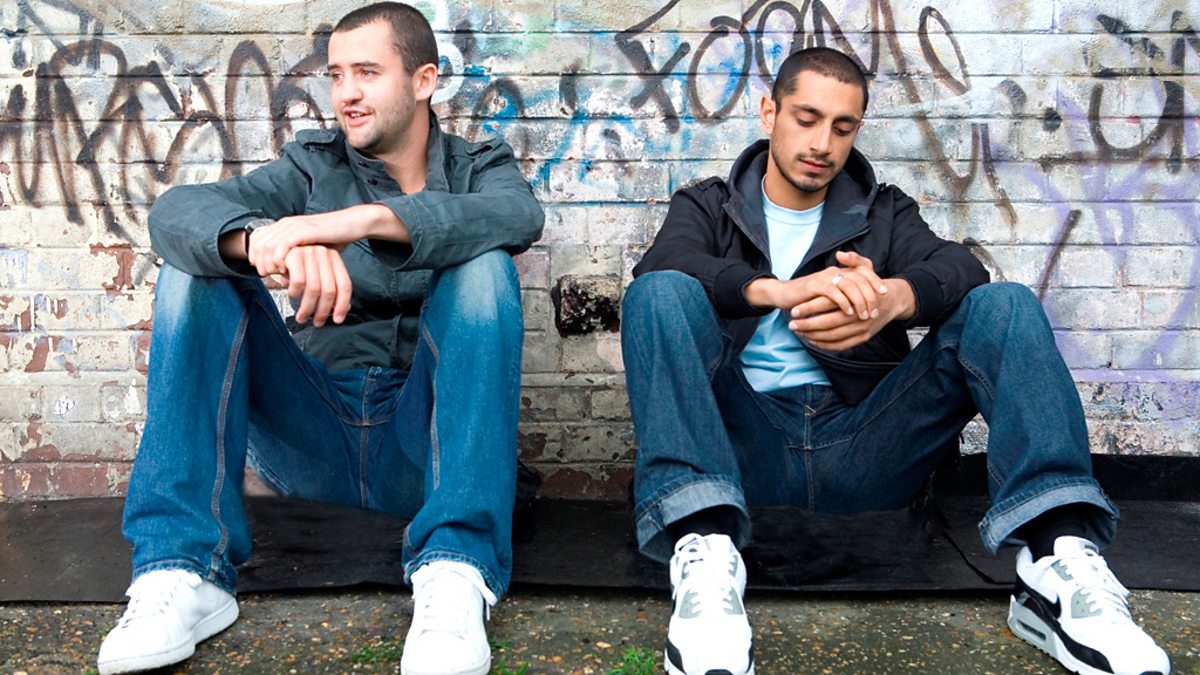The Edge
of Seventeen ***
Dir: Kelly Fremon Craig. With: Hailee Steinfeld, Kyra
Sedgwick, Woody Harrelson, Blake Jenner. 104 mins. Cert: 15.
Every few years, a teen movie arrives that may not be wholly
original in the timeless impulses it describes, but nevertheless possesses
insight and charm enough to become a sleepover perennial, while extending a
hand to an actress who’s just been waiting to dance. Alicia Silverstone in Clueless, Julia Stiles in 10 Things I Hate About You, Emma Stone
in Easy A: it’s an illustrious modern
pantheon, to which we can now elevate Hailee Steinfeld, on career-making form
as a sensitive outsider navigating a perilously choppy formative moment on wits
and high-tops alone in writer-director Kelly Fremon Craig’s winning debut.
Craig hones in on a specific yet universal teenage crisis: how
friendships formed during childhood and fortified in early adolescence often
founder once the opposite sex appears on the radar. The friends in question are
Nadine (Steinfeld) and Krista (Haley Lu Richardson); the male interloper is
Nadine’s hot-jock brother Darian (Blake Jenner), whom Krista beds after an
evening on the alcopops – a betrayal of sorts that alters the girls’ whole
dynamic. Overnight, Nadine is demoted from BFF to third wheel, driving home her
already marginalised peer-group position, and steering her towards the arms and
car of entirely the wrong dude.
Craig’s screenwriting rhythms help to distinguish the ensuing
tangle from the pack. Hardly self-assured smartmouths, her characters are
credibly awkward, muttering words like “multifaceted”, before cringing at the
syllables emerging from their lips; the signature scene is the amusingly
non-committal pep talk Nadine gives herself in a bathroom mirror at a party.
Like some lovechild of Judy Blume and early Cameron Crowe, Craig makes light of
all this tentative umming-and-ahing, while allowing herself time to suggest the
source of her heroine’s stunted self-esteem: thoroughly insecure mom Kyra
Sedgwick, unravelling after the death of Nadine’s doting dad.
In places, the film itself gives into fond familiarity:
Steinfeld’s drolly funny run-ins with teacher Woody Harrelson arguably replay
Stone’s Easy A duels with Thomas
Haden Church a touch closely. As a coming-out ball for its lead, however, it’s
a small, sustained triumph: Steinfeld very smartly weighs the comedy of
Nadine’s hormonal disquiet against her potentially tragic need for affirmation,
never more adroitly than in a shaded setpiece involving an accidental sext.
We’ve all passed through similar phases, at the movies or in reality, but when
it’s this alert, Craig’s film feels nearly as lived-through and heartfelt as
the song that gives it its title.
The Edge of Seventeen opens in cinemas nationwide today.












